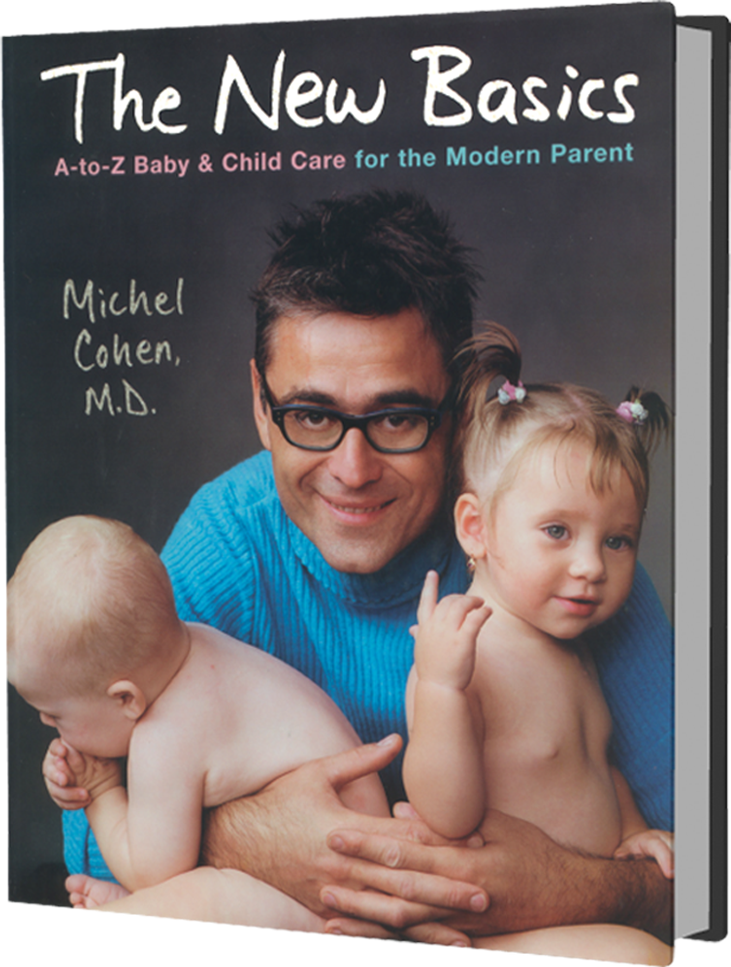
Thumb Sucking
Offer other forms of oral comfort—bottle, breast, and optional pacifier—on demand so Lucy is not deprived of sucking opportunities.
If thumb sucking occurs, ignore it. Since it’s her own thumb, you have very little say in the matter if Lucy decides it’s right for her.
Don’t attempt to distract Lucy’s hand.
Don’t use restrictive devices or sour solutions on the thumb.
Don’t remove her thumb each time it goes into her mouth.
In Older Children
 In very rare cases, thumb sucking persists beyond the age of four, usually as a result of negative parental reinforcement, i.e., too much attention, discouragement, and worry over the behavior. This late in development, thumb sucking can misalign the permanent teeth and cause a later need for braces. Unfortunately, breaking the habit is difficult. The only efficient tactic to use with Jimmy is the same one you’d use with Lucy: ignore it. Peer pressure—namely, being called a baby by other kids—will be a far more effective deterrent than anything you might muster.
In very rare cases, thumb sucking persists beyond the age of four, usually as a result of negative parental reinforcement, i.e., too much attention, discouragement, and worry over the behavior. This late in development, thumb sucking can misalign the permanent teeth and cause a later need for braces. Unfortunately, breaking the habit is difficult. The only efficient tactic to use with Jimmy is the same one you’d use with Lucy: ignore it. Peer pressure—namely, being called a baby by other kids—will be a far more effective deterrent than anything you might muster.




 MEDICATION DOSAGE
MEDICATION DOSAGE

